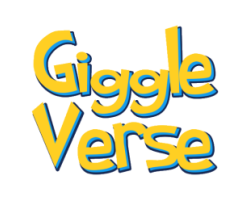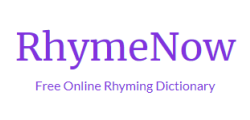Every October, I love to write a few monster poems and Halloween poems. This one is a fun little story about what would happen if an ogre came to your house for dinner.
When I write, I often like to play with the rhythm of the words and the rhyme scheme of the poem. If you look at each stanza, you’ll see that the rhythm is the same as that of a limerick, and the rhyme scheme is almost the same as a limerick, except that the first line doesn’t rhyme with the second and fifth lines. This is the same rhyme scheme and rhythm I recently used in a poem called “I Washed Our Dad’s Car,” which I describe as “almost a limerick.”
If you are interested in how poems are written, you might also notice several other poetic techniques I used in this poem, such as alliteration and onomatopoeia.
But, mainly, I just hope you enjoy the story and remember to never let an ogre in your house, even if they bring you cake and ice cream.
An Ogre Came Over for Dinner
An ogre came over for dinner.
He showed up with ice cream and cake.
We thought, “It can’t hurt,
since he brought us dessert,”
so we asked him to join us for steak.He crushed the first chair that he sat on.
He busted the table in two.
He ranted and raved
and was badly behaved,
like a rhino escaped from the zoo.He smashed every plate in the kitchen.
He shattered each saucer and cup.
He broke every bowl.
He was out of control
as he ran around tearing things up.He broke all the beds in our bedrooms.
He even demolished a door.
He cracked all the walls
in the stairways and halls,
and he left several holes in the floor.And when he was done causing damage,
although we all wanted to scream,
he said, “That was fun
but I really must run.
I hope you enjoy the ice cream.”—Kenn Nesbitt

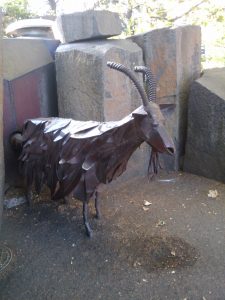
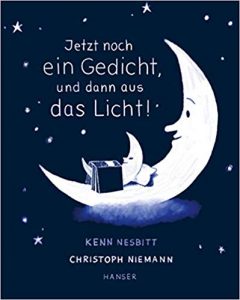
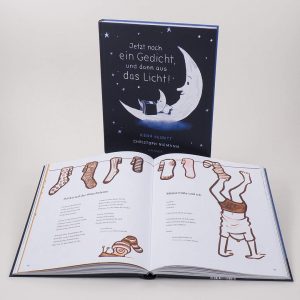
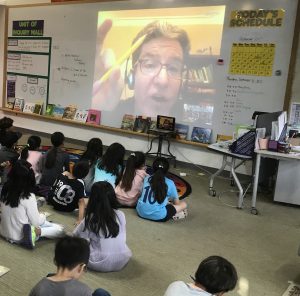 For several years now I have been doing live, interactive webinars in conjunction with
For several years now I have been doing live, interactive webinars in conjunction with 

